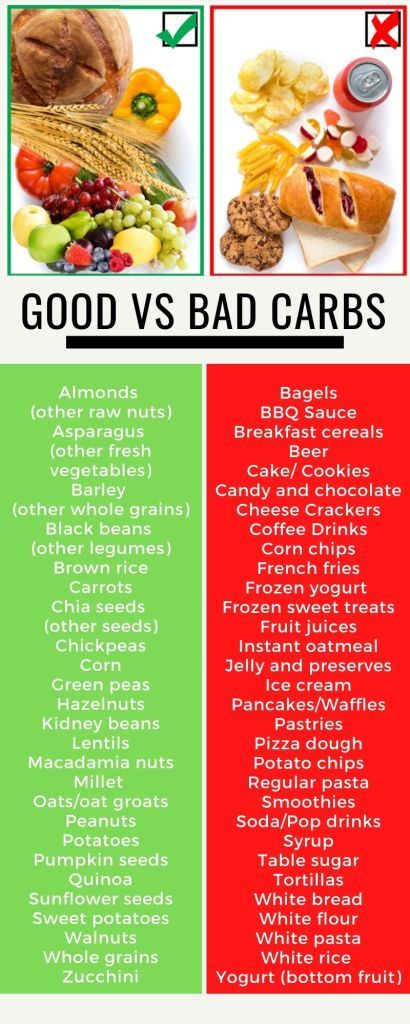Carbohydrates are one of the three essential macronutrients, along with protein and fat. They are the body’s primary source of energy and play a crucial role in maintaining overall health. Carbs are found in a variety of foods, including fruits, vegetables, grains, and dairy products.
The Good: Complex Carbohydrates
Complex carbohydrates, also known as “good carbs,” are made up of long chains of sugar molecules that take longer for the body to break down and digest. This slow digestion process helps regulate blood sugar levels and provides a steady source of energy throughout the day. Foods rich in complex carbs include whole grains, legumes, and vegetables.
The Bad: Simple Carbohydrates
Simple carbohydrates, on the other hand, are made up of short chains of sugar molecules that are quickly digested by the body. This rapid digestion causes a spike in blood sugar levels, followed by a crash that can leave you feeling tired and hungry. Foods high in simple carbs include sugary snacks, sodas, and processed foods.
Carbs and Weight Loss
There is a common misconception that cutting out carbs is the key to losing weight. While reducing the consumption of simple carbs can aid in weight loss, eliminating all carbs from your diet is not sustainable or healthy in the long run. The key is to focus on consuming complex carbs in moderation and balancing them with protein and fat for a well-rounded diet.
The Importance of Fiber
Fiber is a type of carbohydrate that the body cannot digest, but it plays a crucial role in maintaining digestive health and regulating blood sugar levels. Foods high in fiber, such as fruits, vegetables, and whole grains, can help you feel full and satisfied, making it easier to control your appetite and maintain a healthy weight.
Carbs and Exercise
Carbohydrates are essential for fueling your body during exercise, especially high-intensity workouts or endurance activities. Consuming a combination of carbs and protein before and after a workout can help replenish energy stores and promote muscle recovery. The key is to choose the right balance of carbs to match your activity level and fitness goals.
Conclusion
Carbohydrates are neither inherently good nor bad; it all depends on the type and amount you consume. When incorporated into a well-balanced diet, carbs can provide the energy your body needs to function at its best. By focusing on complex carbs, incorporating fiber-rich foods, and balancing your carb intake with protein and fat, you can enjoy the benefits of carbs without the negative effects.
Remember, moderation is key, and it’s essential to listen to your body and adjust your carb intake based on your individual needs and goals. Consult with a healthcare professional or nutritionist if you have specific dietary concerns or health conditions that may impact your carb consumption.

